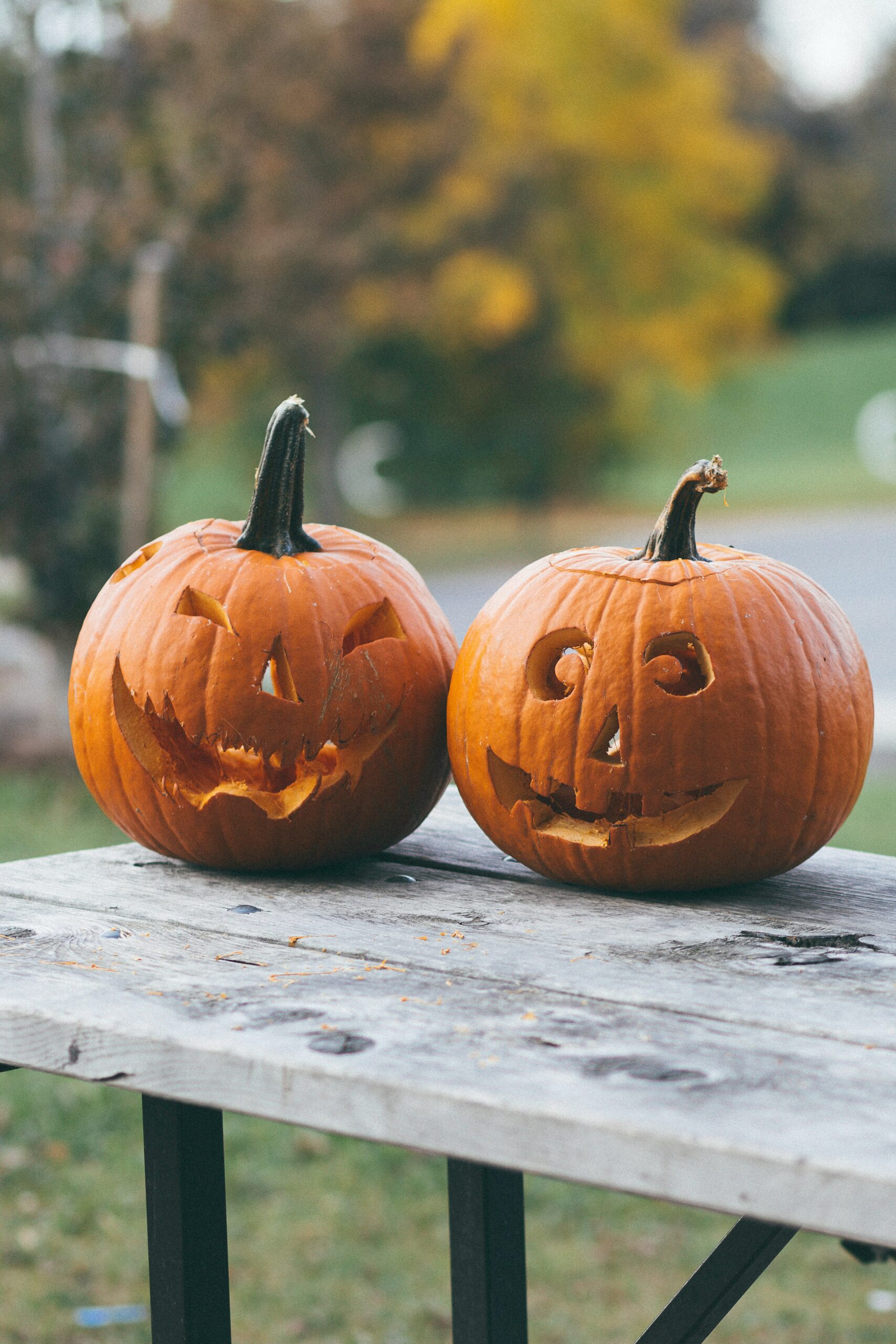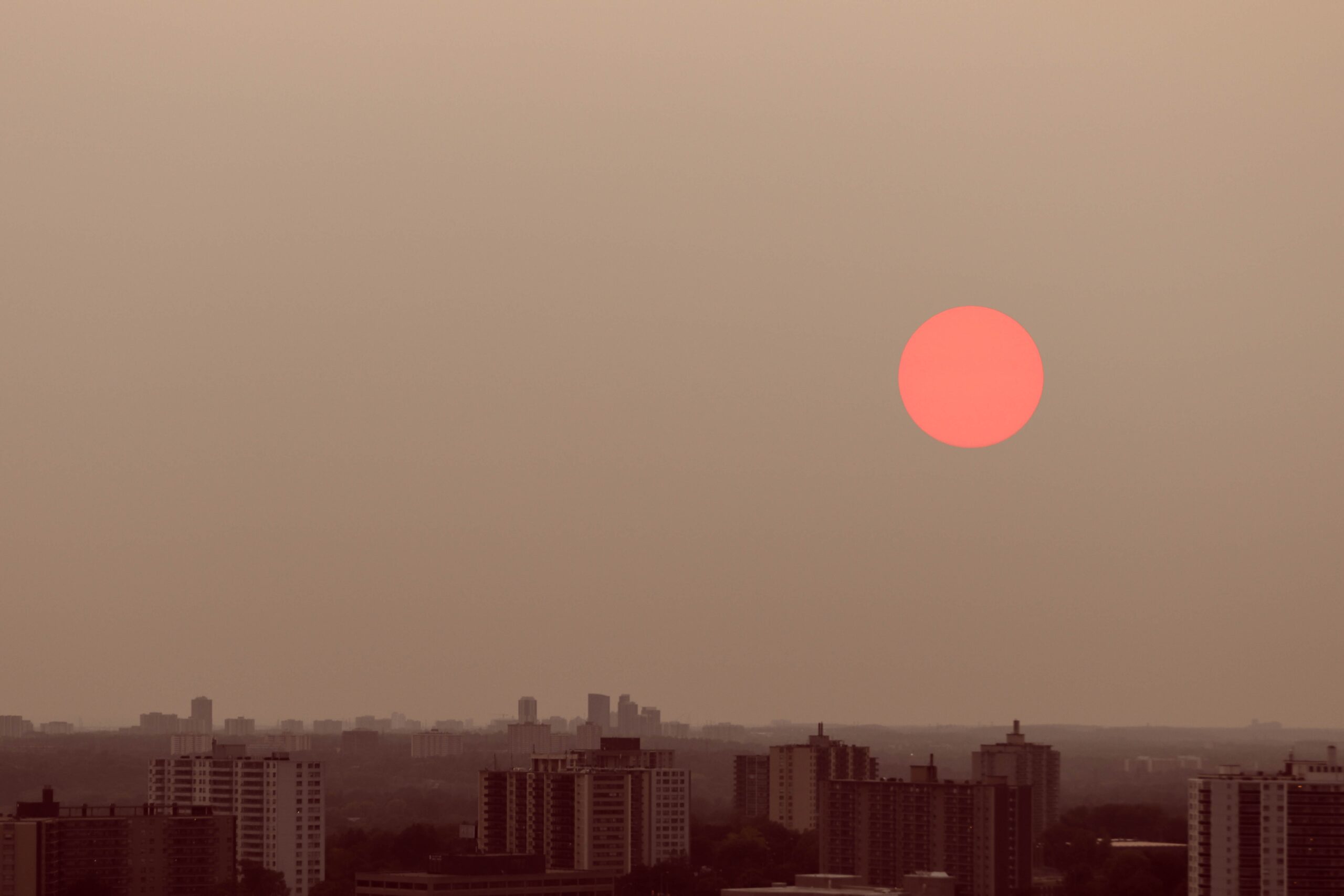
Whimsical pumpkin or salty pirate?
Unicorn or your favorite Harry Potter character?
Almost everyone has a favorite Halloween memory.

Lisa and her brother Gary dressed up for Halloween.
According to the National Retail Federation’s annual Halloween consumer survey, this ancient, pagan ritual has morphed into a $10.6 billion dollar business—much to the delight of candy manufacturers and pop-up stores hawking costumes based on the latest licensed characters and cultural trends. Over the years, a gruesome array of costumed children and adults of all ages take to the streets and Halloween parties sporting outfits that conjure up grisly images of “Texas Chainsaw Massacre,” headless horsemen, and scary skeletons complete with complimentary accessories such as fake blood, fangs, and weapons. Retailers such as Spirit Halloween opened 1,400 locations across the United States as these pop-up stores capitalize on the hullabaloo that has transformed Halloween into the second largest holiday, according to sales.

What is it about this autumnal fright-fest that taps into a tantalizing universal dance with all things scary, dark, and macabre?
Personally, I don’t get it. As an empathic young girl, I vividly remember being horrified when the aptly named Brothers’ Grimm fairy tales (which are in fact truly grim) abounded with evil stepmothers, ogres, and monsters who attacked, maimed, or killed the protagonist. Building on this successful story arc, Disney flicks jumped on the bandwagon killing off Dumbo or Bambi’s mother, often within the first five minutes of the film. I know these scary, creative narratives caused me to have many nightmares. When I became a teenager I became truly pissed off (as only a teenager can be) when violence or death had befallen the protagonists. Then, as the mother to young sons, I was reduced to tears whenever tragedy struck.
Can there be a benefit to scaring ourselves silly? Well, just like the candy manufacturers who make a killing over Halloween, apparently, fear is a frightfully big business.
The scientific, psychological answer to what possible benefits can be found by marinating stories with frightful, tragic elements suggests that these archetypal stories provide teachable moments to somehow gird young people against the tragedy or calamities which they will undoubtedly experience along on the rocky road of life. In 2020—as the world was experiencing many horrific things such as the global pandemic, natural disasters activated by global warming, civil unrest, and other fearful developments—horror films became wildly popular on streaming platforms, accounting for the largest share of the box-office in modern history. According to a recent study where researchers coded key words from 800 films and almost 1 million Facebook likes, they discovered that horror film fans are more likely to experience high anxiety.

In this way, movie plots predict the personalities of those who “like” them. Anxiety is classified as feelings of being in danger in response to situations that are often not threatening in reality. It’s persistent and overwhelming, and often accompanied by physical reactions like hyperventilation, elevated heart rate, and profuse sweating. Anxiety is not physically dangerous, but it is very upsetting for the individual emotionally and mentally.
Studies show that when a person perceives that they have more control, even if it is derived from playing an imaginary video game or watching a horror movie, this reduces the activation of brain regions that respond to stress. That’s why watching horror films or CHOOSING to participate in a scream-inducing activity such as going to a Haunted Halloween attraction can help people shift their real anxiety to a fictional source, which they actually know is not real. When we stuff our painful or negative emotions to block the outward expression of painful emotions, it tends to amplify their hold on us, thereby giving those negative feelings or anxieties more power to diminish our physical, emotional, and mental wellbeing.
So get your scary on this Halloween, but don’t eat too much candy. While it’s good for retail sales, it’s not so good for you!
I’m sending you strength and love,
Lisa



